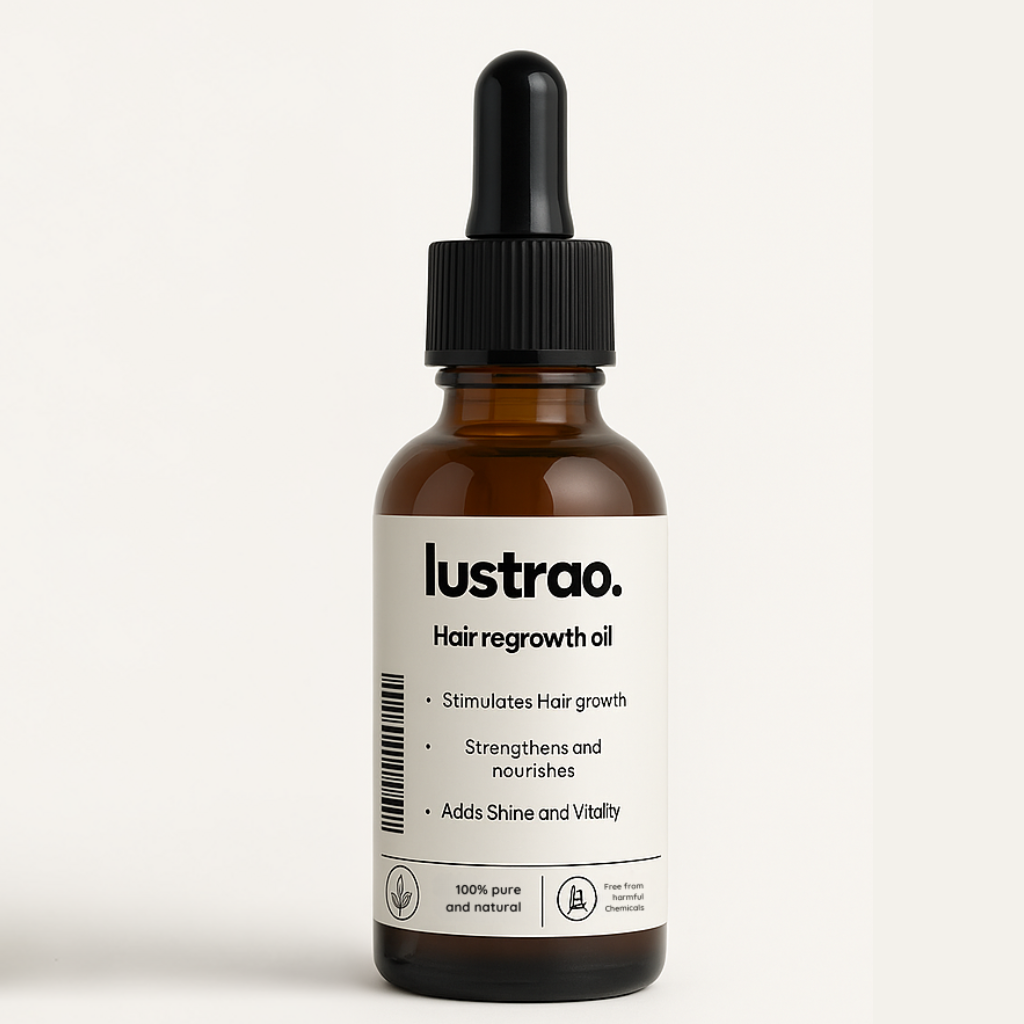
Unveiling the Risks: Navigating the Drawbacks of Finasteride for Hair Loss
Introduction:
In the realm of hair loss treatments, finasteride has emerged as a prominent yet controversial option. While it has shown effectiveness in preventing hair loss, it's essential to shed light on the potential drawbacks and risks associated with its use. This blog aims to provide a comprehensive exploration of the dangers of finasteride, emphasizing the drawbacks that individuals should be mindful of before considering this medication for hair loss treatment.1. Sexual Dysfunction and Libido Issues:
One of the most notable and widely reported drawbacks of finasteride is its link to sexual side effects. Users have reported issues such as erectile dysfunction, decreased libido, and difficulties in achieving or maintaining satisfactory sexual performance. These side effects can persist even after discontinuing the medication, raising concerns about the impact on long-term sexual health.2. Mood Changes and Depression:
Emerging research suggests a potential connection between finasteride use and mood changes, including an increased risk of depression and anxiety. While more studies are needed to establish a definitive link, users should be aware of the reported psychological effects associated with this medication.3. Gynecomastia (Breast Enlargement):
Finasteride has been linked to cases of gynecomastia, a condition characterized by the enlargement of male breast tissue. This side effect can be distressing for users and may require medical intervention to address.4. Persisting Side Effects Post-Discontinuation:
A significant concern surrounding finasteride is the possibility of persistent side effects even after stopping the medication. Some users have reported ongoing sexual dysfunction and other issues, leading to the coining of the term "post-finasteride syndrome." While not universally accepted in the medical community, it highlights the need for caution and thorough consideration before starting finasteride.5. Impact on Prostate-Specific Antigen (PSA) Tests:
For those undergoing prostate cancer screening, finasteride can interfere with PSA test results. This interference may lead to challenges in accurately assessing prostate health, necessitating a careful conversation with healthcare providers about the implications of finasteride use.Conclusion:
While finasteride may offer hair loss prevention benefits, the potential drawbacks and risks should not be ignored. Users must weigh the benefits against the reported side effects and consider alternative, natural approaches to hair health. Choosing a solution that prioritizes overall well-being and addresses hair loss concerns without compromising other aspects of health becomes crucial in the pursuit of a balanced and holistic approach to hair care.**Note: Always consult with a healthcare professional before starting or discontinuing any medication.**
Share







